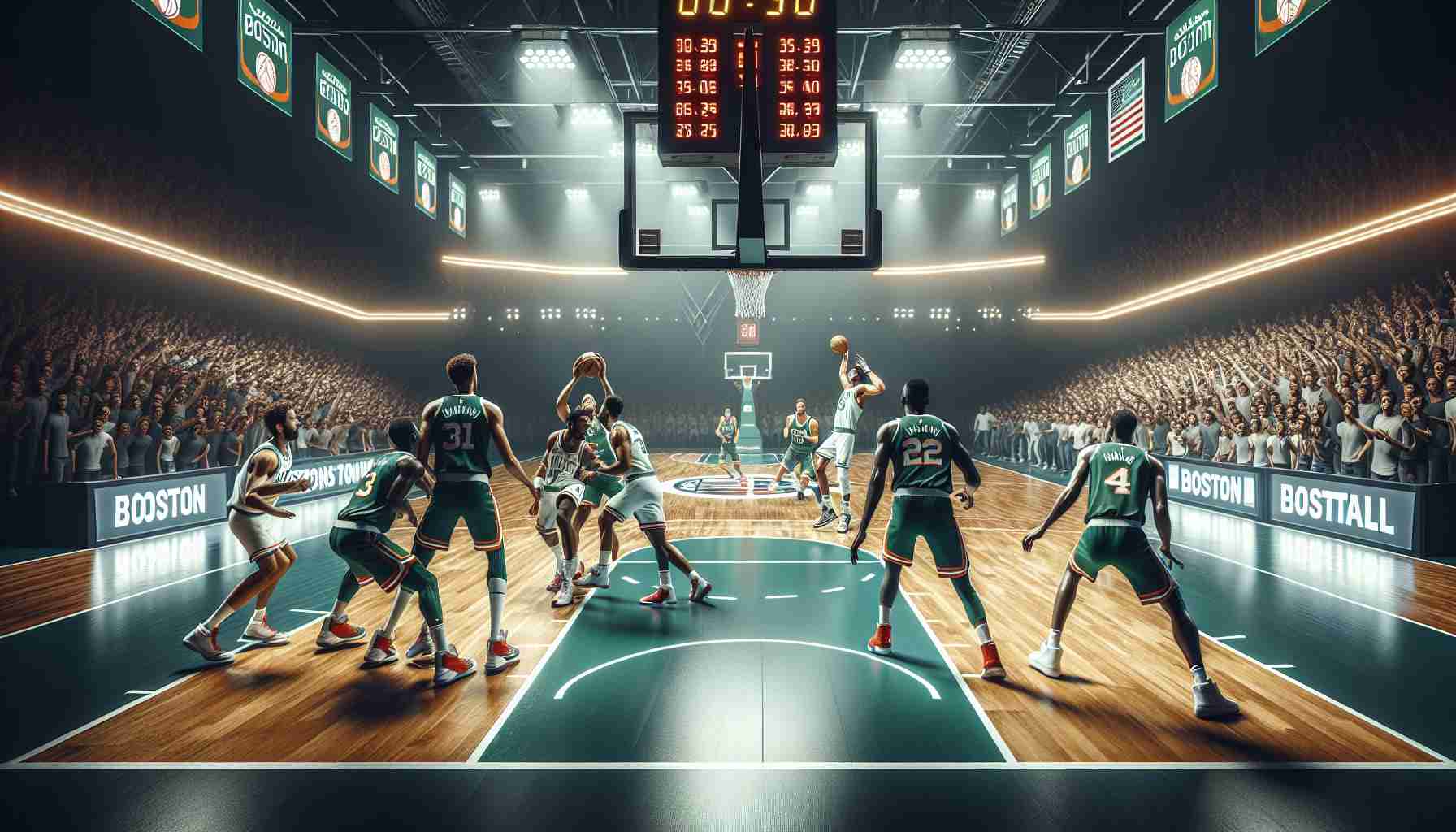Move Over Spielberg. Meet Spilberg: The AI Revolution in Filmmaking.
- Spilberg is an innovative AI system revolutionizing movie-making, capable of scriptwriting, directing, and post-production.
- The AI integrates deep learning algorithms with a comprehensive library of cinematic techniques from various eras.
- Spilberg can predict viewer preferences using trend analysis and audience data, aligning film content with audience expectations.
- The system prompts discussions on AI’s role in filmmaking, with some concerned about AI overshadowing human creativity.
- Proponents see Spilberg as a collaborative partner that can democratize filmmaking by providing powerful tools to newcomers.
- Spilberg’s debut projects are highly anticipated, with potential implications for the future of AI-enhanced creative processes in cinema.
In the rapidly evolving world of technology, a groundbreaking shift is emerging in the film industry with the introduction of Spilberg, an advanced AI system that promises to redefine movie-making. Named with a playful nod to the legendary filmmaker Steven Spielberg, Spilberg is not merely a tool but a transformative force—an artificial intelligence designed to collaborate in the creative process of filmmaking, from scriptwriting to directing to post-production.
Unlike traditional AI systems, Spilberg integrates deep learning algorithms with a vast library of cinematic knowledge, embracing techniques from classic films to modern blockbusters. The AI is capable of generating scripts, crafting unique story arcs, and even suggesting visual styles suitable for different genres. By analyzing current trends and data from global audiences, Spilberg can anticipate viewer preferences, ensuring films resonate on a profound level with their target demographic.
The advent of Spilberg raises questions about the future role of human filmmakers. While some express concern over AI overshadowing human creativity, others see it as an opportunity for unprecedented collaboration, where human imagination is augmented by machine precision and insight. Advocates argue that Spilberg can help democratize filmmaking, providing aspiring filmmakers with powerful tools previously inaccessible due to budget constraints.
As Spilberg prepares for its initial projects, all eyes are on its potential to challenge traditional filmmaking paradigms. Will Spilberg herald a new era where AI and artistry become inseparable? The cinema of tomorrow might soon have its answer.
This AI Is Transforming Filmmaking: Meet Spilberg, the Future of Cinema
Unveiling Spilberg: The AI Revolution in Filmmaking
In a world where technology and art increasingly intersect, Spilberg emerges as a revolutionary AI system poised to transform the film industry. Pulling inspiration from legendary filmmaker Steven Spielberg, Spilberg offers a suite of advanced capabilities that promise to redefine how films are made. This AI is not just a tool; it’s an integral force in the filmmaking process, helping with everything from scriptwriting to direction and post-production.
Key Features and Innovations of Spilberg
1. Deep Learning Algorithms and Cinematic Knowledge: Spilberg combines sophisticated deep learning algorithms with an extensive library of cinematic knowledge. Its algorithmic foundation enables it to generate compelling scripts, develop unique story arcs, and offer visual style suggestions tailored to various genres.
2. Predictive Analytics and Audience Insights: By leveraging data analytics, Spilberg can predict viewer preferences and create films that align with current trends, ensuring they resonate deeply with audiences.
3. Collaborative Filmmaking: Spilberg opens doors for a new type of filmmaking, where human creativity meets AI-enhanced precision. This AI assistant provides a powerful toolkit for filmmakers, democratizing access to high-level production tools irrespective of budget constraints.
Important Questions and Answers
1. How does Spilberg compare to traditional AI systems in filmmaking?
Spilberg stands out from traditional AI systems by integrating deep learning with cinematic expertise. It doesn’t just automate tasks but actively contributes creatively, from scripting to visual direction. Unlike basic AI tools, Spilberg acts as a co-creator, offering innovative story concepts and styles, thus, elevating the entire filmmaking experience.
2. What are the limitations and concerns associated with using Spilberg in filmmaking?
While Spilberg can significantly enhance the filmmaking process, it raises concerns about the potential for AI to overshadow human creativity. Critics worry about over-reliance on AI, which might lead to a homogenized style or loss of the human touch typically found in traditional filmmaking. However, proponents argue that with proper balance, AI can serve as an invaluable collaborator.
3. What are the implications of Spilberg on aspiring filmmakers and the film industry?
Spilberg democratizes filmmaking by providing access to high-end production tools that are otherwise cost-prohibitive. This not only diversifies the range of stories told but also enables a broader array of voices to enter the industry. By reducing entry barriers, Spilberg has the potential to catalyze a renaissance in creative storytelling and filmmaking talent.
The Future of Cinema with Spilberg
As the first projects utilizing Spilberg come to fruition, the global film industry eagerly anticipates the AI’s impact on storytelling and creativity. Will it consolidate AI’s place as an irreplaceable partner in artistic endeavors, or spark new debates on the fine line between technology and human art?
For more on technology’s role in modern filmmaking, check out Hollywood Reporter for comprehensive industry insights and updates on innovations shaping the future of cinema.







